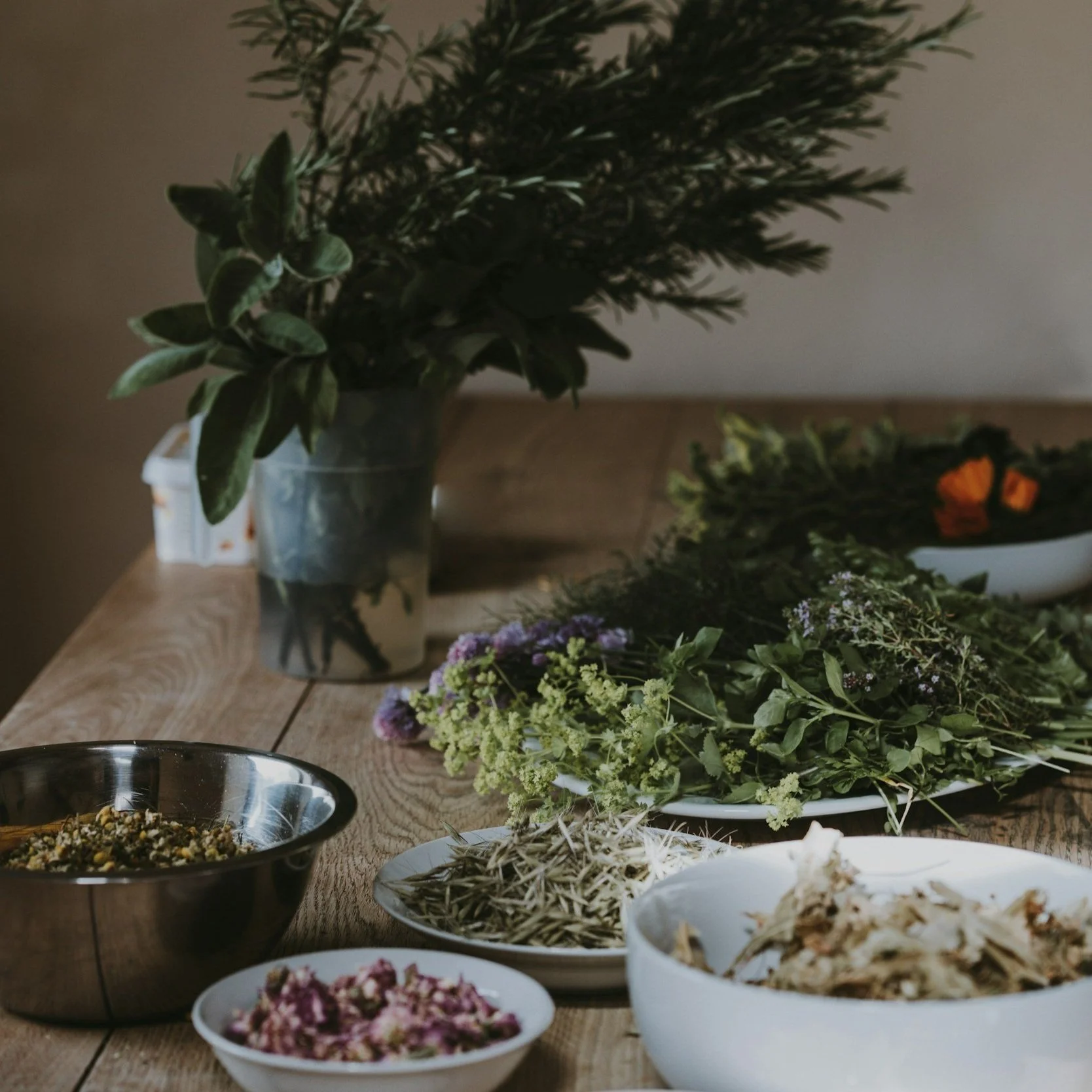MEDICINE GARDENS
Medicine Gardens: Herbs and Their Uses
Medicine gardens are spaces cultivated specifically for growing medicinal plants. These gardens serve as a resource for natural remedies and play an essential role in holistic health practices. They can be found in home gardens, community spaces, and even within urban settings.
Common Herbs in Medicine Gardens
Lavender (Lavandula)
Uses: Known for its calming properties, lavender is often used to relieve stress, anxiety, and insomnia. It can be applied topically to soothe minor burns and insect bites.
Peppermint (Mentha piperita)
Uses: Peppermint is commonly used to alleviate digestive issues and headaches. Its essential oil can also serve as a natural energy booster.
Echinacea (Echinacea purpurea)
Uses: Frequently employed to enhance the immune system, echinacea is used in various forms to help prevent or shorten the duration of colds and flu.
Chamomile (Matricaria chamomilla)
Uses: Chamomile is celebrated for its ability to promote relaxation and improve sleep quality. It can be consumed as a tea or used in topical preparations for its anti-inflammatory properties.
Calendula (Calendula officinalis)
Uses: Known for its healing abilities, calendula is often used in ointments to treat cuts, abrasions, and skin irritations due to its anti-inflammatory and antimicrobial properties.
Thyme (Thymus vulgaris)
Uses: Thyme is rich in antioxidants and is frequently used as a natural remedy for respiratory issues. It is also valued for its antiseptic qualities.
Basil (Ocimum basilicum)
Uses: In addition to its culinary uses, basil has anti-inflammatory and antibacterial properties, making it useful for soothing digestive problems and daily stress.
Ginger (Zingiber officinale)
Uses: Known for its digestive health benefits, ginger can alleviate nausea and improve circulation. It is often consumed in teas or used in cooking.
Holy Basil (Ocimum sanctum)
Uses: Known as Tulsi, holy basil is revered for its adaptogenic properties, helping the body cope with stress. It is also used for its anti-inflammatory and antioxidant effects.
Rosemary (Salvia rosmarinus)
Uses: Rosemary is associated with improved memory and concentration. Its extracts can also promote digestion and have anti-inflammatory effects.
Cultivation and Care
To create a thriving medicine garden, consider the following:
Location: Ensure the garden receives plenty of sunlight, as most medicinal herbs thrive in well-lit areas.
Soil Quality: Use well-draining soil that can support the growth needs of your chosen herbs. Organic matter can enhance soil fertility.
Watering: Water regularly but avoid overwatering, as most herbs prefer slightly dry conditions between waterings.
Pests and Diseases: Monitor for pests and diseases, adjusting care as necessary to maintain plant health.
Conclusion
Medicine gardens not only provide a source of healing through herbs but also encourage a deeper connection to nature and self-care. Understanding the uses of these herbs can empower individuals in their health journey, allowing for the integration of natural remedies into everyday life.
